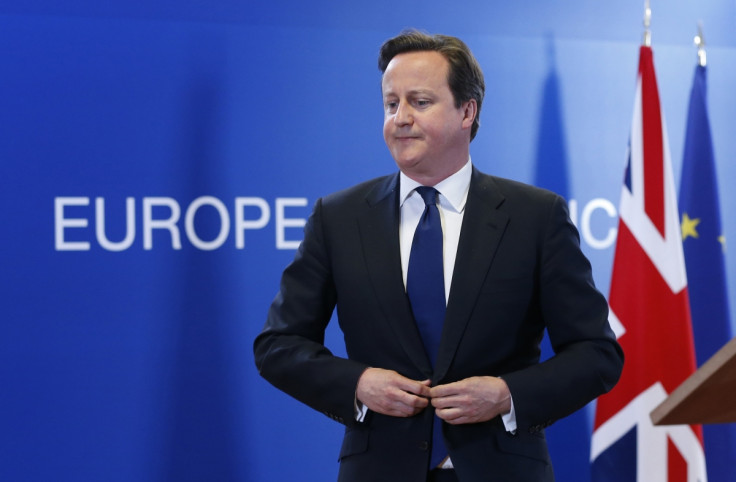EU Referendum: Brussels Would Still Control Britain's Labour Laws Despite 'Brexit', says EIU

A UK exit from the European Union- dubbed 'Brexit'- will not help the country liberalise its employment laws, says a leading economist.
Speaking at the The Economist's Talent Management conference, Robin Bew, managing director of the Economist Intelligence Unit, argued that Britain would still have to play by Brussels' labour market rules, even if it left the economic and political union.
"If you want to have economic and commercial engagement with the EU, a privileged one in which you have some kind of access to its labour markets, you have to play by their rules," Bew explained.
"All that would really happen [if the UK exited the EU], is that Britain would have to impose all of their rules but not have a voice at the table when they're set. So Britain staying in the EU would be advantageous."
The UK currently has to follow various pieces of legislation set by the EU relating to the world of work, including The Equal Pay Directive and The Equal Treatment Directive.
In addition, the Human Rights Act means that the UK has to abide by the the European Convention on Human Rights.
"On continental Europe you do still see significant political sentiment around protecting labour markets," Bew added.
"We would be very much in favour of labour market deregulation. Britain is not the only voice in Europe arguing for that, but it's true that many governments in Europe are nervous about deregulating their labour markets, like France and Italy.
"Nonetheless, very poor economic performance in some of these markets is gradually driving reforms.
"Reluctantly, perhaps through gritted teeth, you will see some modest improvements in labour market regulations in Europe in order to counter a number of the poor economic performances they are having."
The comments come after Prime Minister David Cameron was left red faced as his bid to stop Jean-Claude Junker being appointed EU president looked likely to fail.
The Conservative MP, who has promised his party will hold a referendum on the UK's membership of the EU in 2017 if elected at the next general election, made the move following the European Parliamentary Elections in May, which saw Nigel Farage's Eurosceptic Ukip sweep to victory.
© Copyright IBTimes 2025. All rights reserved.






















